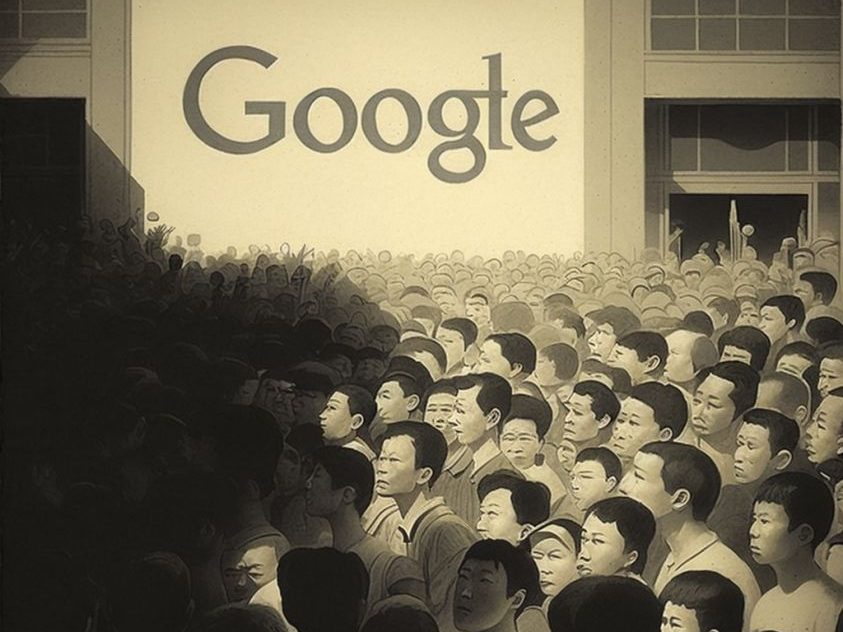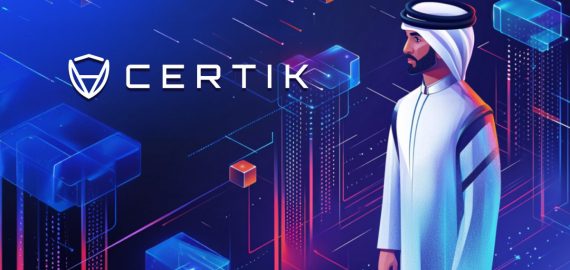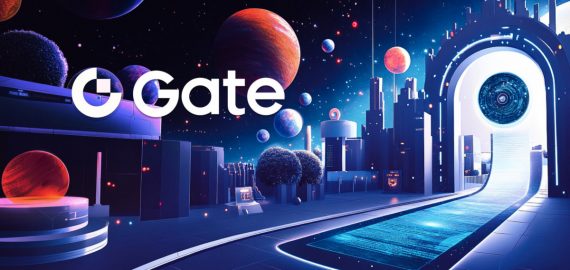Google Launches PaLM API for Enterprises to Train and Combine AI Models and Chatbots

In Brief
Google is offering developers access to one of its most advanced AI language models, PaLM, along with a range of enterprise AI tools that will help businesses “generate text, images, code, video, audio and more from simple natural language cues.”
PaLM is a large language model, or LLM, similar to the GPT series created by OpenAI or the Meta LLaMA family of models.
Google has announced the launch of PaLM API, meaning one of its most sophisticated AI language models will be now available to developers. Google promises that PaLM’s API will enable enterprises “generate text, graphics, code, video, audio, and more from simple natural language signals,” in addition to a variety of enterprise AI capabilities. Google’s move will likely revolutionize how businesses and organizations interact with AI technology, making it more accessible and user-friendly. It also has the potential to significantly improve productivity and efficiency in various industries.

Similar to OpenAI’s GPT series or the Meta LLaMA family of models, PaLM is a large language model (LLM). PaLM was initially introduced by Google in April 2022. It is a versatile system that, like other LLMs, may be able to manage any type of text generation and editing work. PaLM can be programmed to write code, be a conversational chatbot like ChatGPT, or perform other functions like text summarization. PaLM stands out from other LLMs because it is trained on a diverse range of tasks, including machine translation and question answering, making it a more well-rounded model. Additionally, PaLM has the ability to learn from both structured and unstructured data, which allows it to handle a wider variety of tasks.
Google is releasing a brand-new software called MakerSuite along with the PaLM API to make it simpler for developers to teach PaLM how to perform particular jobs. Using MakerSuite, you can create custom models, add synthetic data to your dataset, and iterate queries. According to Google, the type of fine-tuning required to produce a user-friendly AI system can even be done in a browser, while Google Cloud handles the computationally demanding training and deployment work. This move by Google is expected to make it easier for developers to build and deploy machine learning models, which will ultimately lead to the creation of more intelligent systems. MakerSuite and PaLM API will also help in the democratization of AI, making it accessible to a wider audience.
Together with the PaLM API introduction, Google is also enhancing the Vertex AI platform’s generative AI support. Vertex AI is a platform for businesses to train and deploy machine learning models. It claims that Vertex will eventually be able to link to open-source and outside systems and will have access to more models created by Google Research and its affiliate DeepMind. This enhancement will enable businesses to create custom models that can be used for various purposes, such as image and language generation. Additionally, the integration of open-source and outside systems will allow for greater flexibility and customization in model creation.
A new platform named “Generative AI App Builder” is also being introduced by Google. The platform “enables developers to swiftly build new experiences, like bots, chat interfaces, custom search engines, digital assistants, and more,” according to the business. Generative AI App Builder uses Google’s machine learning technology to help developers create these experiences with minimal coding. This new platform is expected to significantly reduce the time and effort required to develop such applications.
- Developers can now quickly and easily incorporate ChatGPT and Whisper into their applications thanks to OpenAI’s recent announcement that they are now accessible via the firm’s API. The cost of the GPT-3.5-turbo is now ten times less than that of the previous model, and OpenAI has also revealed a number of integrations, including Quizlet, to aid users in learning more quickly and individually.
- D-ID, an Israeli firm that utilizes artificial intelligence to create unique experiences, has launched a new chat API that enables face-to-face conversations with an AI digital human. The API launch is occurring at a time when D-ID, Adobe, and OpenAI are collaborating to develop a framework for ethical and responsible synthetic media development, creation, and sharing. The API is a human interface for conversational AI, allowing brands to engage with customers in a more personal and interactive manner.
Read more related articles:
Disclaimer
In line with the Trust Project guidelines, please note that the information provided on this page is not intended to be and should not be interpreted as legal, tax, investment, financial, or any other form of advice. It is important to only invest what you can afford to lose and to seek independent financial advice if you have any doubts. For further information, we suggest referring to the terms and conditions as well as the help and support pages provided by the issuer or advertiser. MetaversePost is committed to accurate, unbiased reporting, but market conditions are subject to change without notice.
About The Author
Damir is the team leader, product manager, and editor at Metaverse Post, covering topics such as AI/ML, AGI, LLMs, Metaverse, and Web3-related fields. His articles attract a massive audience of over a million users every month. He appears to be an expert with 10 years of experience in SEO and digital marketing. Damir has been mentioned in Mashable, Wired, Cointelegraph, The New Yorker, Inside.com, Entrepreneur, BeInCrypto, and other publications. He travels between the UAE, Turkey, Russia, and the CIS as a digital nomad. Damir earned a bachelor's degree in physics, which he believes has given him the critical thinking skills needed to be successful in the ever-changing landscape of the internet.
More articles

Damir is the team leader, product manager, and editor at Metaverse Post, covering topics such as AI/ML, AGI, LLMs, Metaverse, and Web3-related fields. His articles attract a massive audience of over a million users every month. He appears to be an expert with 10 years of experience in SEO and digital marketing. Damir has been mentioned in Mashable, Wired, Cointelegraph, The New Yorker, Inside.com, Entrepreneur, BeInCrypto, and other publications. He travels between the UAE, Turkey, Russia, and the CIS as a digital nomad. Damir earned a bachelor's degree in physics, which he believes has given him the critical thinking skills needed to be successful in the ever-changing landscape of the internet.



















































